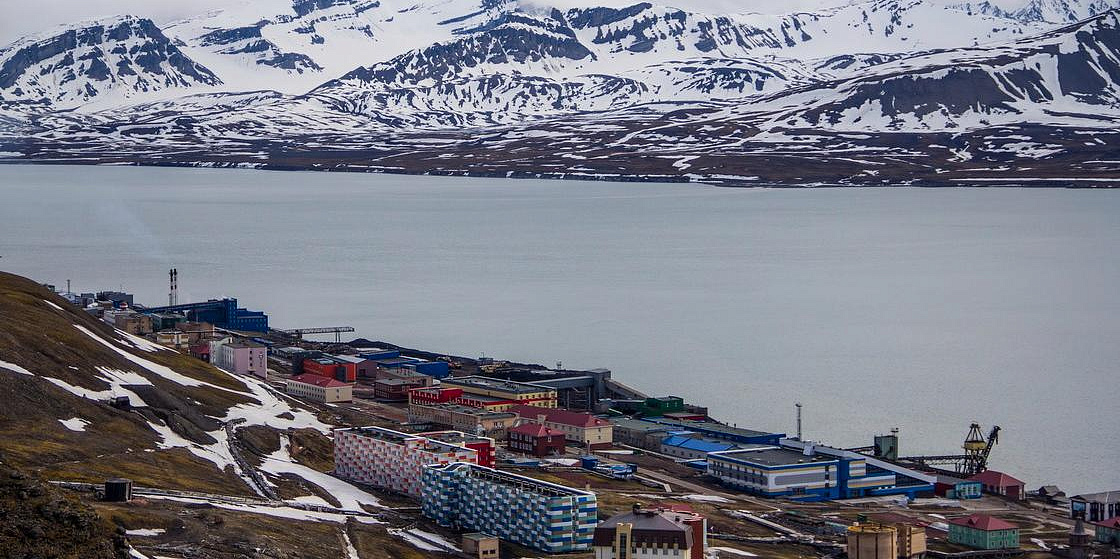
Photo: Kuznetsova Alexandra/GeoPhoto.ru
Low-Carbon Shift and High North
Climate changes being a major concern in Russia, the federal government will establish several working groups to focus on designing a strategy for transiting to a low-carbon economy. They will be chaired by Vice-Premier Andrei Belousov, governmental sources say.
Their primary task will be to find ways for adapting the Russian economy (and, specifically, its export-oriented sectors) to the global trend towards decarbonization and a wider use of renewables. The government reportedly sees such transit in the context of not only policies in the field of technology, resource management and production, but also in social terms, e.g. as a means of fostering the improvement of quality of life of average Russians.
We believe that the Russian Arctic may have an important role in this respect.
As a major source of natural gas, the region may host industries producing blue hydrogen and ammonia, prospective energy carriers with a solid export niche. Some steps are already being taken in this direction, with Novatek announcing its plans to launch the Obsky ammonia/hydrogen project and the Murmansk Oblast heavily investing into renewables. In the longer run, the Russian Arctic may as well become a major supplier of green hydrogen and other zero-carbon fuels to the global market.
In terms of strategic thinking, it is important to understand the global shift as an opportunity, not a challenge. We at PORA believe that the Arctic has the potential to make a considerable contribution to the transition process -- to the benefit of all Arctic nations.
Their primary task will be to find ways for adapting the Russian economy (and, specifically, its export-oriented sectors) to the global trend towards decarbonization and a wider use of renewables. The government reportedly sees such transit in the context of not only policies in the field of technology, resource management and production, but also in social terms, e.g. as a means of fostering the improvement of quality of life of average Russians.
We believe that the Russian Arctic may have an important role in this respect.
As a major source of natural gas, the region may host industries producing blue hydrogen and ammonia, prospective energy carriers with a solid export niche. Some steps are already being taken in this direction, with Novatek announcing its plans to launch the Obsky ammonia/hydrogen project and the Murmansk Oblast heavily investing into renewables. In the longer run, the Russian Arctic may as well become a major supplier of green hydrogen and other zero-carbon fuels to the global market.
In terms of strategic thinking, it is important to understand the global shift as an opportunity, not a challenge. We at PORA believe that the Arctic has the potential to make a considerable contribution to the transition process -- to the benefit of all Arctic nations.
4 August 2021




